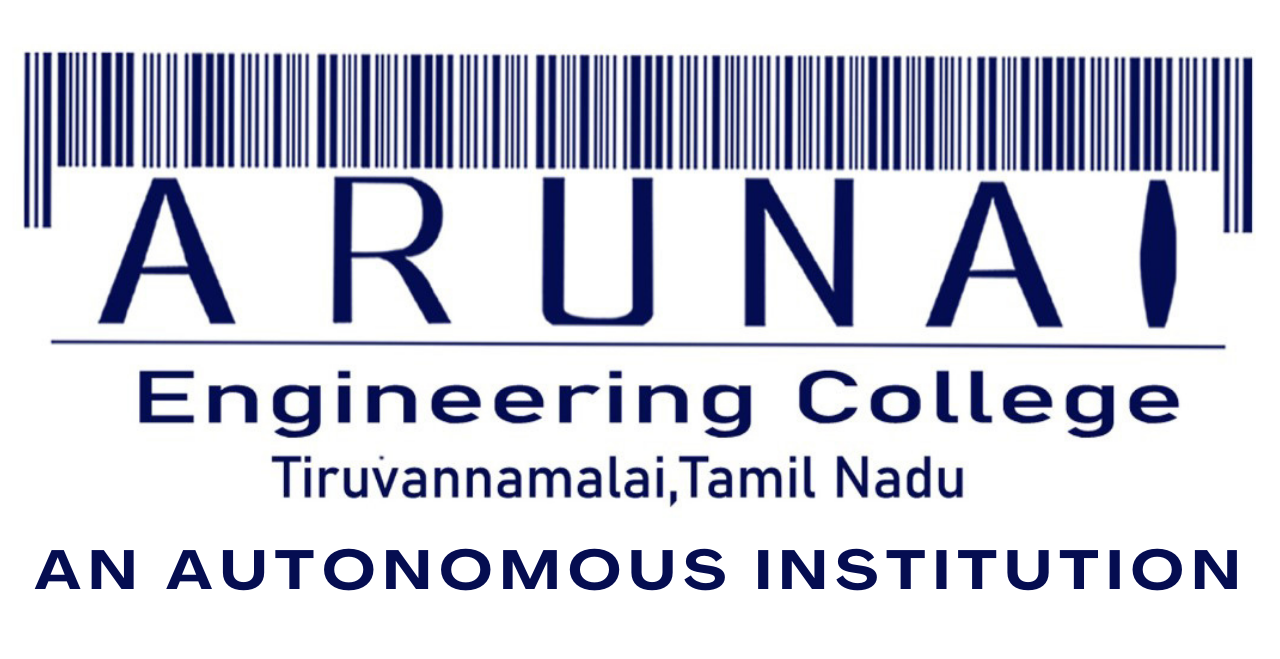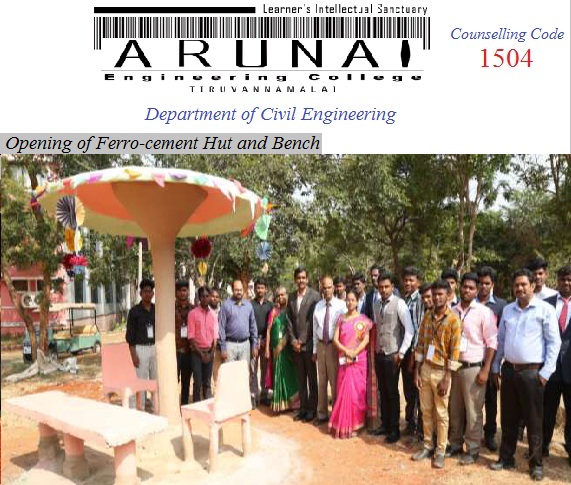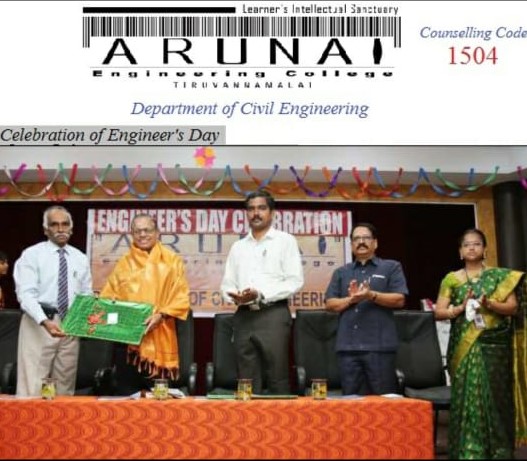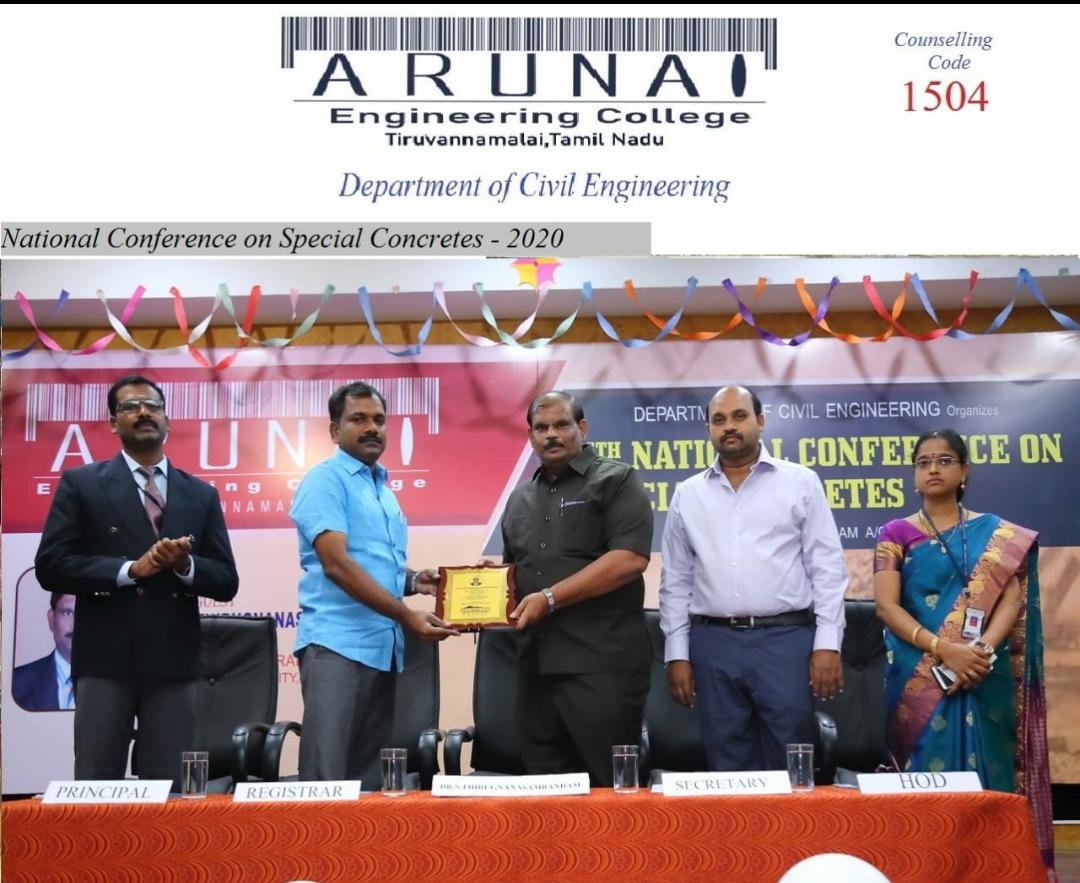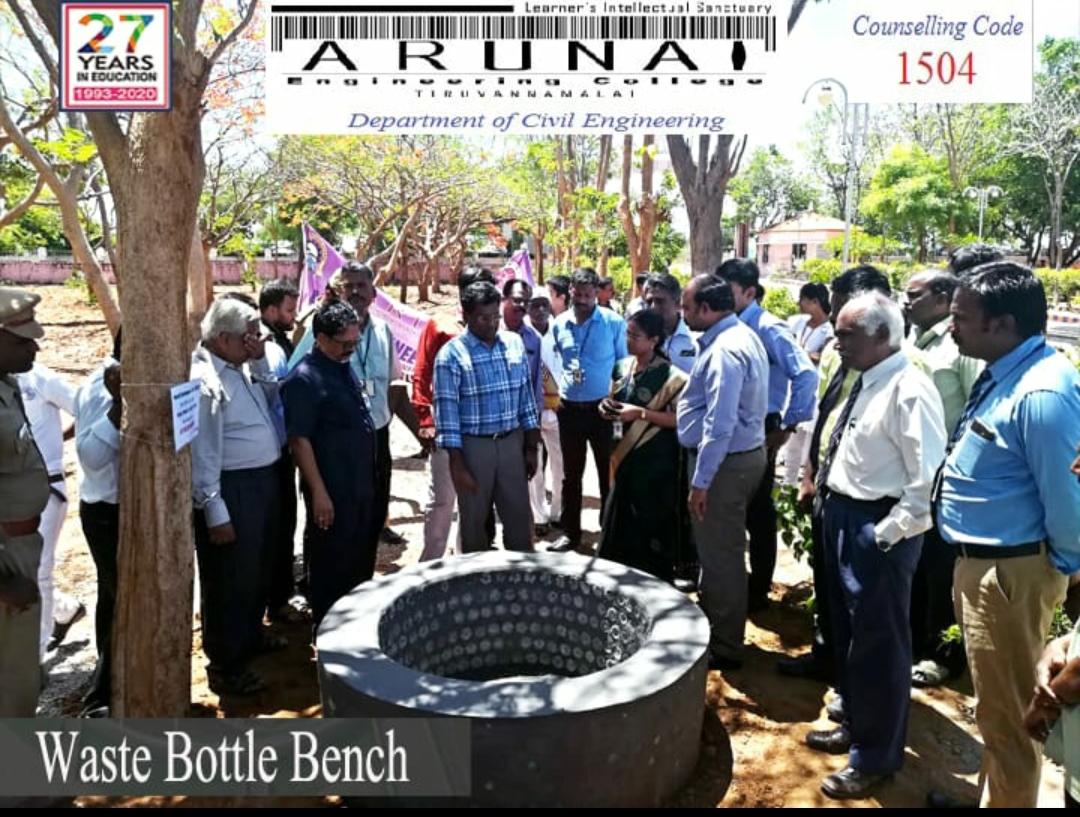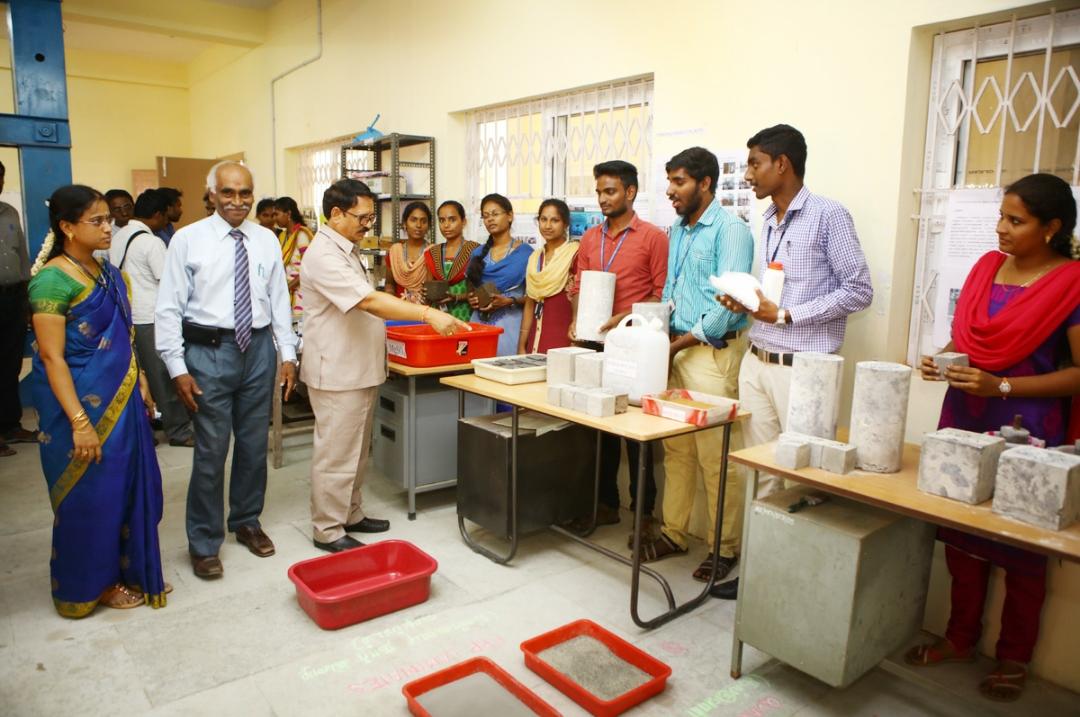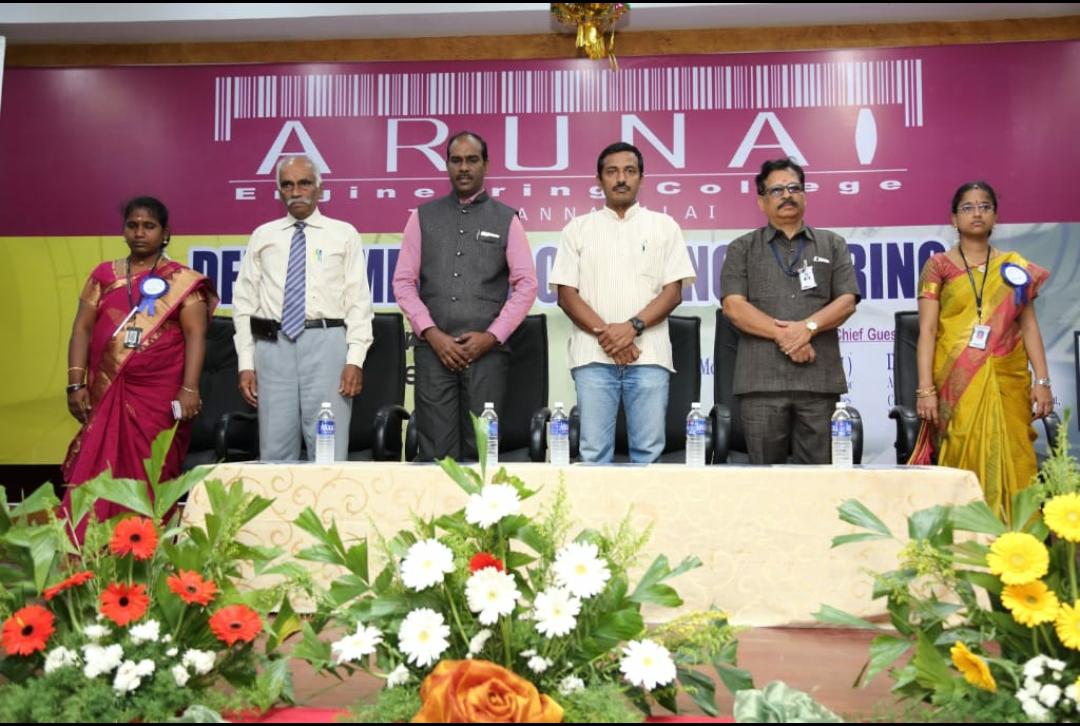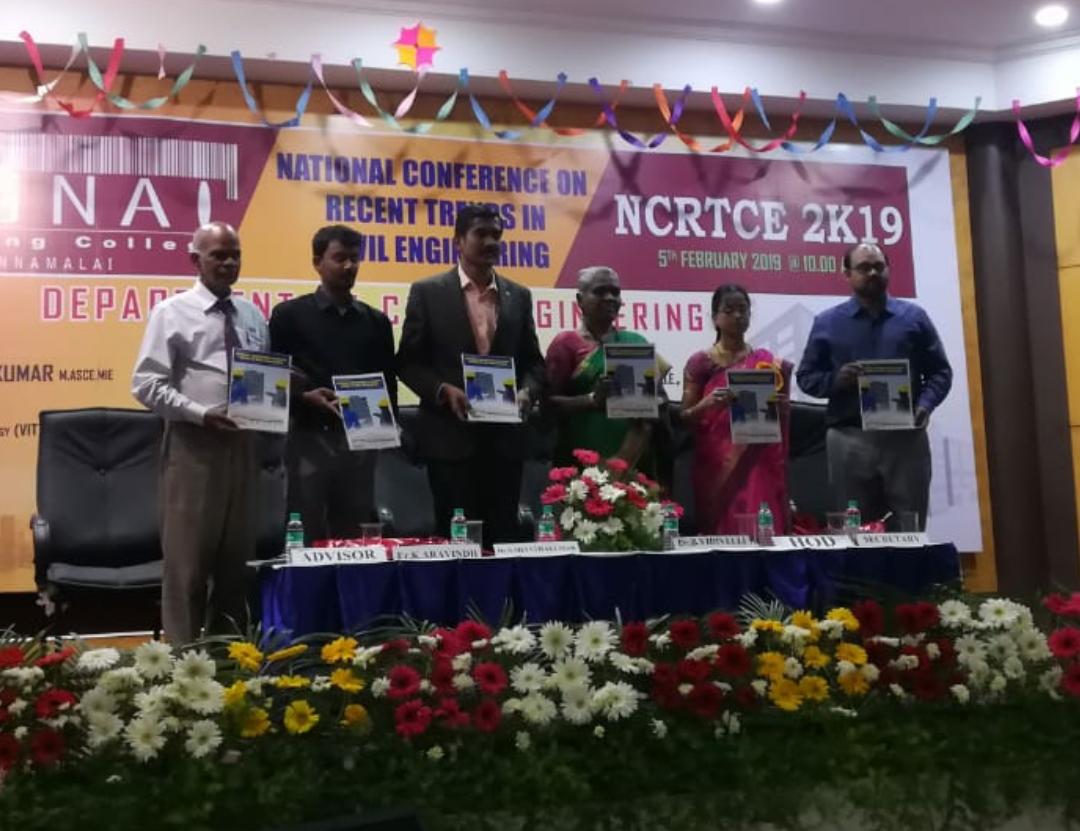Latest Videos
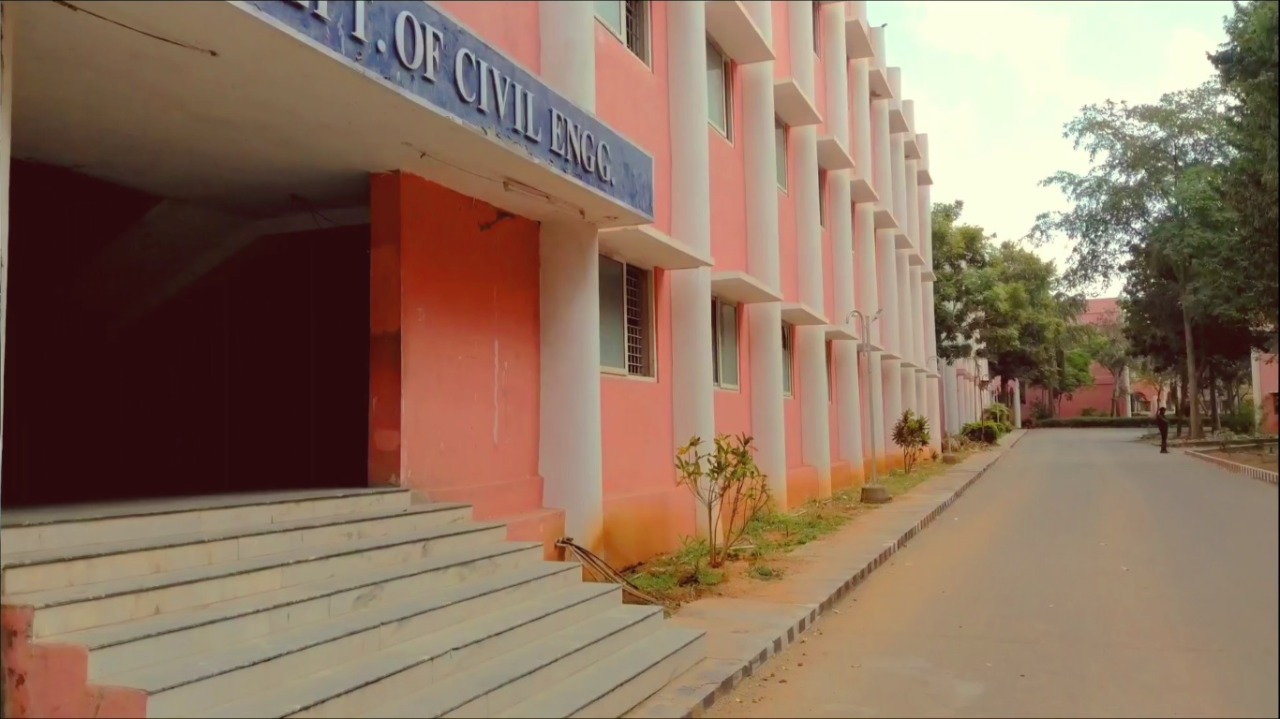
B.E - Civil Engineering
The department of Civil Engineering started in the year 2008, one batch has passed out in 2012. It has good infrastructure with respect to laboratories, faculties, class room facilities, etc.
To produce most talented and skilled Engineers.
We shape and transform youth with utmost care, innovative and dedicated service for the cause of morals and education.
We will bring out and enlighten the hidden technical skills and abilities of youth with highest quality technical education and proper discipline.
To impact engineering education to the students from rural area and urban area and to create more knowledgeable engineers.
Program Educational Objectives (PEO)
PEO1 : To impart quality education and knowledge in contemporary science and technology to meet the challenges in the field of Civil Engineering and to serve the society.
PEO2 : To impart the knowledge of analysis and design using the codes of practice and software packages.
PEO3 : To inculcate the sense of ethics, morality, creativity, leadership, professionalism, self-confidence and independent thinking.
PEO4 : To motivate the students to takeup higher studies and innovative research projects.
Program Outcomes (POs)
PO1 – Engineering Knowledge: Apply the knowledge of mathematics, science, engineering fundamentals and an engineering specialization to the solution of complex engineering problems.
PO2 – Problem Analysis: Identify, formulate, review research literature, and analyze complex engineering problems reaching substantiated conclusions using first principles of mathematics, natural sciences, and engineering sciences.
PO3 – Design / Development of solutions: Design solutions for complex engineering problems and design system components or processes that meet the specified needs with appropriate consideration for the public health and safety, and the cultural, societal, and environmental considerations.
PO4 – Conduct investigations of complex problems: Use research-based knowledge and research methods including design of experiments, analysis and interpretation of data, and synthesis of the information to provide valid conclusions.
PO5 – Modern tool usage: Create, select, and apply appropriate techniques, resources, and modern engineering and IT tools including prediction and modeling to complex engineering activities with an understanding of the limitations.
PO6 – The engineer and society: Apply reasoning informed by the contextual knowledge to assess societal, health, safety, legal and cultural issues and the consequent responsibilities relevant to the professional engineering practice.
PO7 – Environment and sustainability: Understand the impact of the professional engineering solutions in societal and environmental contexts, and demonstrate the knowledge of, and need for sustainable development.
PO8 – Ethics: Apply ethical principles and commit to professional ethics and responsibilities and norms of the engineering practice.
PO9 – Individual and team work: Function effectively as an individual and as a member or leader in diverse teams, and in multidisciplinary settings.
PO10 – Communication: Communicate effectively on complex engineering activities with the engineering community and with society at large, such as, being able to comprehend and write effective reports and design documentation, make effective presentations, and give and receive clear instructions.
PO11 – Project management and finance: Demonstrate knowledge and understanding of the engineering management principles and apply these to one’s own work, as a member and leader in a team, to manage projects and in multidisciplinary environments.
PO12 – Life-long learning: Recognize the need for and have the preparation and ability to engage in independent and lifelong learning in the broadest context of technological change.
Program Specific Outcomes (PSOs)
PSO1 : The student has the ability to apply the knowledge of Physics,Chemistry, Mathematics, Programming Skills and Soft Skills to solve Civil Engineering problems.
PSO2 : The student has the proficiency in streams of Civil Engineering to visualize and execute the systems for sustainable living.
PSO3 : The student has the practical knowledge and experimental skills to tackle Civil Engineering problems using technical and management skills, exhibiting professional ethics to meet the societal needs
PSO3 : The programme enables the faculty to develop academic proficiency by involving in research & innovation, interaction with industry and professional bodies through technical advice and Continuing Education Programs (CEP) to meet the needs of the user system.
Alumni's Feedback

Sandhiya

Jayaprakash

Vinoth Kumar
To achieve any goal in our life we need a good platform and I am delighted that this college gave me an awesome opportunity to step into one of the top MNC.
